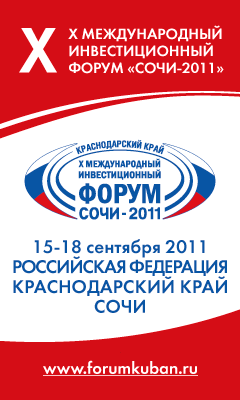European Union foreign ministers have closed on an embargo on Iranian oil imports to the EU, which will go into effect on July 1st of this year. Now, the European Commission is seeking alternative oil supply sources.
“I understand that the embargo only affects oil- thus European refiners will have to look for alternative oil supplies. I also understand that the prohibition concerns import, purchase and transport of such products as well as related finance and insurance. Already concluded contracts can still be executed until 1 July 2012,” said an EU energy spokeswoman.
Data from 2012 reveals that EU imports of Iranian crude oil reached 30.3 million tons, or 5.8% of total imports to the EU. Iran was the 5th supplier, following Norway, Libya, Russia and Saudi Arabia.
Though Iran originally responded in a hostile manner, claiming that the embargo is an act of aggression, some officials simply explained that the sanctions would be ineffective.
Troika Dialogue’s Chris Weafer said an oil shortage is unlikely. “In reality, unless there is actually a shooting war, the oil market is more likely to be oversupplied in a few months than experience a shortage.”
He added that Asian countries such as China will likely continue their business with Iran. In the meantime, countries like Saudi Arabia will probably have enough to add to the European market, just like it did when Libyan oil was cut off.
“It is very likely that the reason the EU delayed over this decision was to wait until Libya was substantially back and that Saudi Arabia could cover the blocked Iranian oil exports to Europe,” he said. “There are also many intermediary countries perfectly willing to buy Iranian oil, re-flag it and then sell to Europe. We saw that previously when Iraqi oil was embargoed.”


